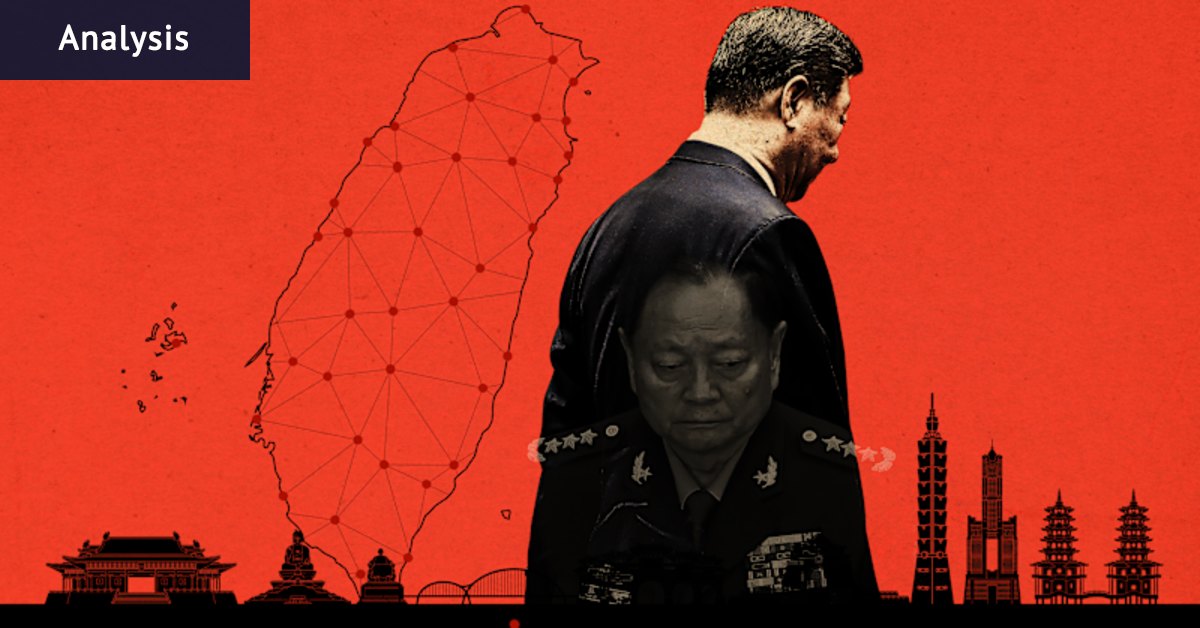
In a shocking turn of events, three Australians have died due to a failure in accessing emergency services through Optus’s network. This incident has raised significant concerns about the company’s operational reliability and corporate governance. Meanwhile, investors of Optus’s parent company, Singtel, were actively buying shares, seemingly unaware of the unfolding crisis.
The incident occurred on November 8, 2023, when Optus experienced a nationwide network outage, disrupting communications for individuals and businesses across Australia. Crucially, the outage affected access to the triple-0 emergency service, leaving 2,145 people unable to reach help during critical moments. The Australian Communications and Media Authority (ACMA) had previously fined Optus for a similar failure, assuring the public it would not happen again.
Optus’s Troubled History
This latest failure is not an isolated incident for Optus. Earlier this year, the company admitted to unconscionable conduct in selling telecommunications goods and services, resulting in a $100 million penalty. The Australian Competition and Consumer Commission (ACCC) found that Optus had sold phones and contracts to over 400 customers who were vulnerable or disadvantaged, between August 2019 and July 2023.
In 2022, Optus also suffered a cyber-attack that compromised the data of approximately 9.5 million Australians. These repeated missteps have led industry experts to question the competence and integrity of Optus’s management.
Corporate Governance Under Scrutiny
The delayed response from Optus following the recent network failure has drawn sharp criticism from experts. Corporate governance expert Thomas Clarke expressed disbelief at the timeline of events provided by Optus CEO Stephen Rue. Clarke argued that Optus should have informed the public immediately upon discovering the issue with emergency call access.
“[Optus should have made an announcement] I would say minutes, and if not minutes, certainly within an hour or two [of the incident],” UTS professor and corporate governance expert, Thomas Clarke, said.
Telecommunications consultant Paul Budde and veteran investment manager Roger Montgomery echoed Clarke’s sentiments, emphasizing the need for immediate public disclosure in such situations.
The Role of Singtel
As the parent company of Optus, Singtel’s involvement in the crisis has also been questioned. Despite the severity of the situation, Singtel’s response was limited to forwarding Optus’s media statement to the Singapore Stock Exchange (SGX). The Singtel share price closed up 1.4 percent on the day of the incident, with shareholders yet to be officially informed of the deaths linked to Optus’s services.
“[Singtel] had a responsibility not only to immediately investigate what was happening in Australia but also to inform its investors of what is a market material matter,” Professor Thomas Clarke said.
As of this writing, Singtel has not provided further public communication regarding the incident, leaving investors and the public in the dark.
Implications for the Telecommunications Industry
The Optus network failure highlights broader issues within the telecommunications industry, particularly regarding infrastructure investment and operational accountability. Optus holds a 24 percent share of the Australian mobile subscriber market, second only to Telstra. However, experts like Paul Budde argue that Optus’s infrastructure is inadequate, citing chronic underinvestment as a root cause of the recent outage.
“[Optus’s] infrastructure was not up to scratch. [The outage was a] symptom of an underlying problem of underinvestment,” Paul Budde stated.
This incident underscores the critical role of telecommunications in public safety and the need for robust systems to prevent future tragedies. As the industry is dominated by a few major players, the pressure is on for Optus and its competitors to ensure reliable services and transparent communication with the public.
Moving forward, both Optus and Singtel face increased scrutiny from regulators, shareholders, and the public. The companies must address these operational failures and restore trust in their ability to provide essential telecommunications services.





